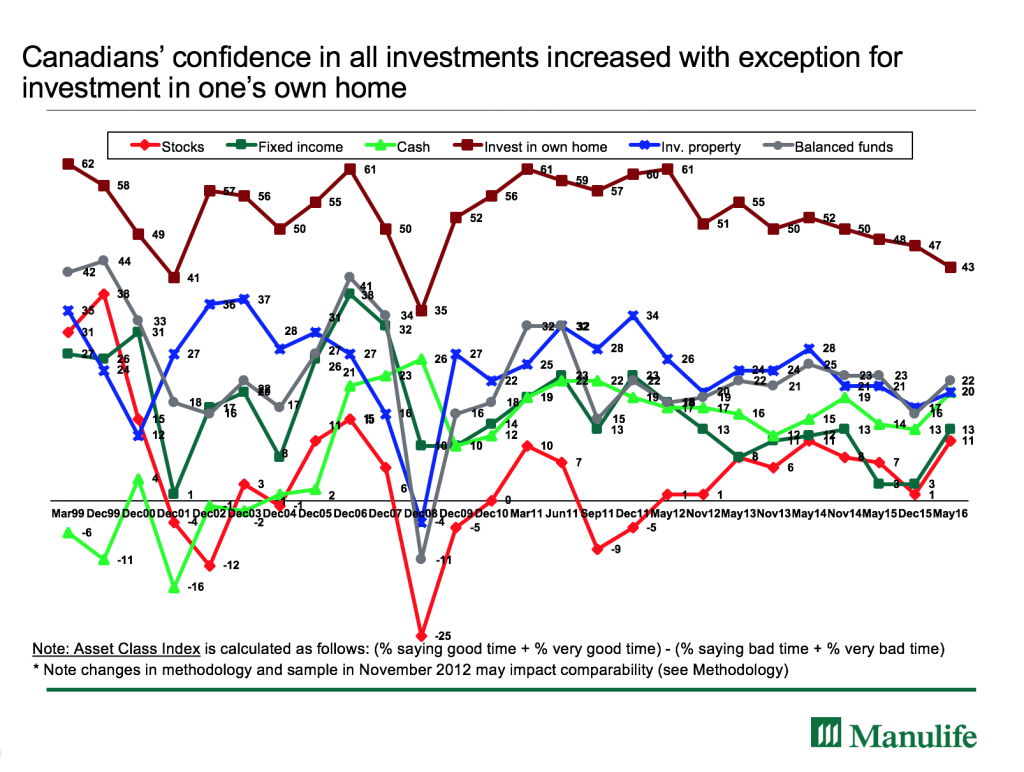-
Tips for becoming a good boxer - November 6, 2020
-
7 expert tips for making your hens night a memorable one - November 6, 2020
-
5 reasons to host your Christmas party on a cruise boat - November 6, 2020
-
What to do when you’re charged with a crime - November 6, 2020
-
Should you get one or multiple dogs? Here’s all you need to know - November 3, 2020
-
A Guide: How to Build Your Very Own Magic Mirror - February 14, 2019
-
Our Top Inspirational Baseball Stars - November 24, 2018
-
Five Tech Tools That Will Help You Turn Your Blog into a Business - November 24, 2018
-
How to Indulge on Vacation without Expanding Your Waist - November 9, 2018
-
5 Strategies for Businesses to Appeal to Today’s Increasingly Mobile-Crazed Customers - November 9, 2018
Canadians carrying record amount of debt
Economists have warned about rising debt levels amid low interest rates and skyrocketing housing prices in Vancouver and Toronto. For every dollar of disosable income, Canadians are spending $1.70.
Advertisement
The ratio of household debt to disposable income rose to 167.6% in Q2, up from 165.2% in Q1.
Canadian household debt exceeded the country’s gross domestic product for the first time in the second quarter, as liabilities climbed to a fresh record relative to disposable income.
Consumers borrowed a seasonally adjusted C$29.2 billion in the second quarter, an increase of C$3.5 billion from the previous quarter.
Credit Counselling Society of B.C. president Scott Hannah says the household debt numbers are one cent higher than the average debt that was held by USA consumers when the severe recession hit in 2008.
Rising real estate values in Vancouver and Toronto helped push household net worth was up 1.9 per cent to $9.8-trillion. Financial assets grew 1.7 per cent on stronger domestic and foreign securities markets. At the end of the second quarter, Canadian mortgage debt was at $1.29 trillion.
In its latest interest rate announcement, the central bank said “financial vulnerabilities associated with household imbalances remain elevated and continue to rise”.
“When interest rates are low it’s tempting to take out loans and buy things on credit, but we have to remember that interest rates will rise eventually”, Scott Hannah, the chief executive of the Credit Counselling Society, said in a note. On a per capita basis, household net worth was C$271,300, up from C$266,900 in the first quarter. Mortgages accounted for $19.1 billion of that, up from $18.4 billion, while other types of debt stood at $10.1 billion, up from $7.3 billion.
Advertisement
TransUnion said that while the majority of Canadians will not be materially impacted in the near term by an interest rate increase, there is a “material subset”. The debt-service ratio of 14.2 percent was little changed from the first quarter.





























